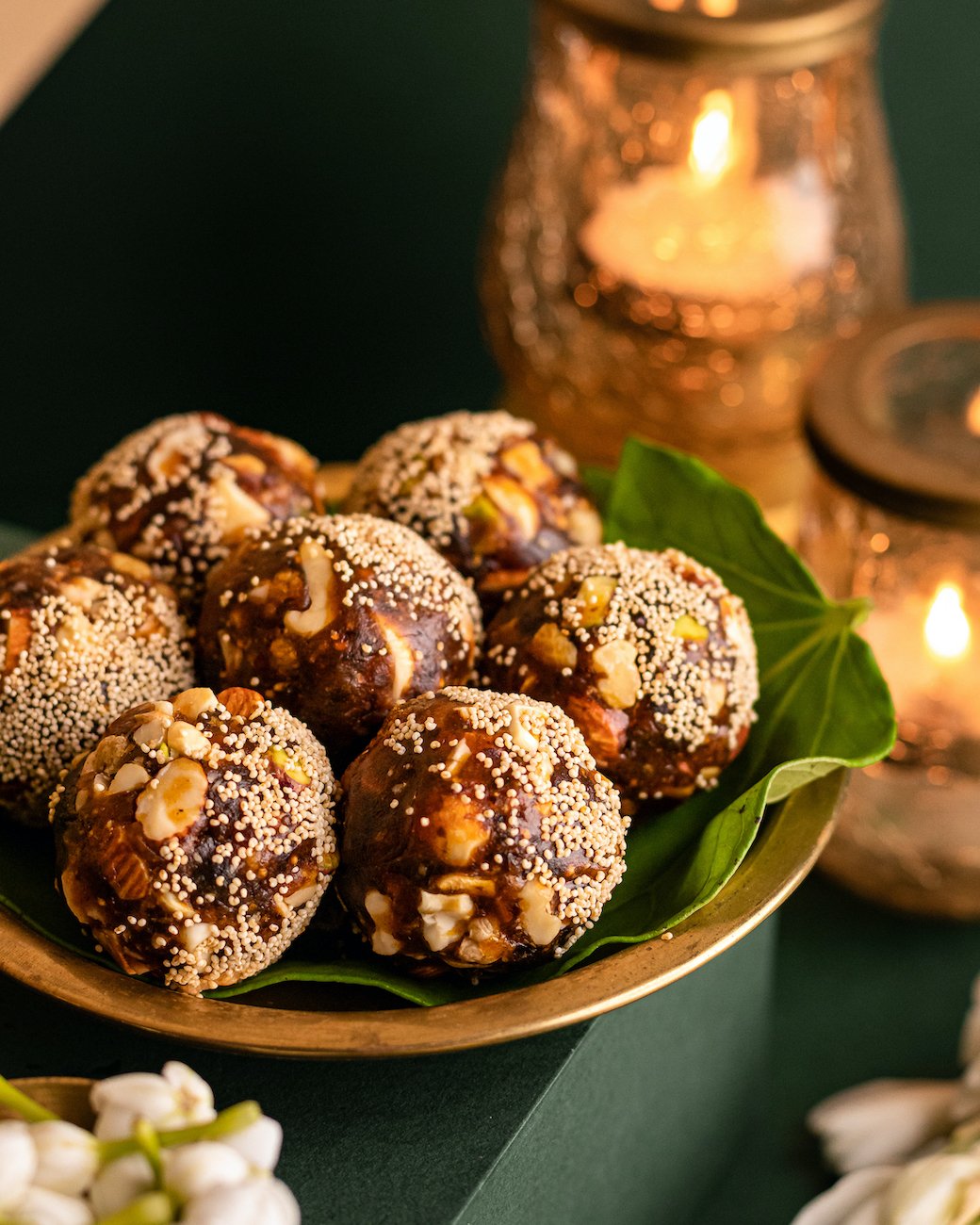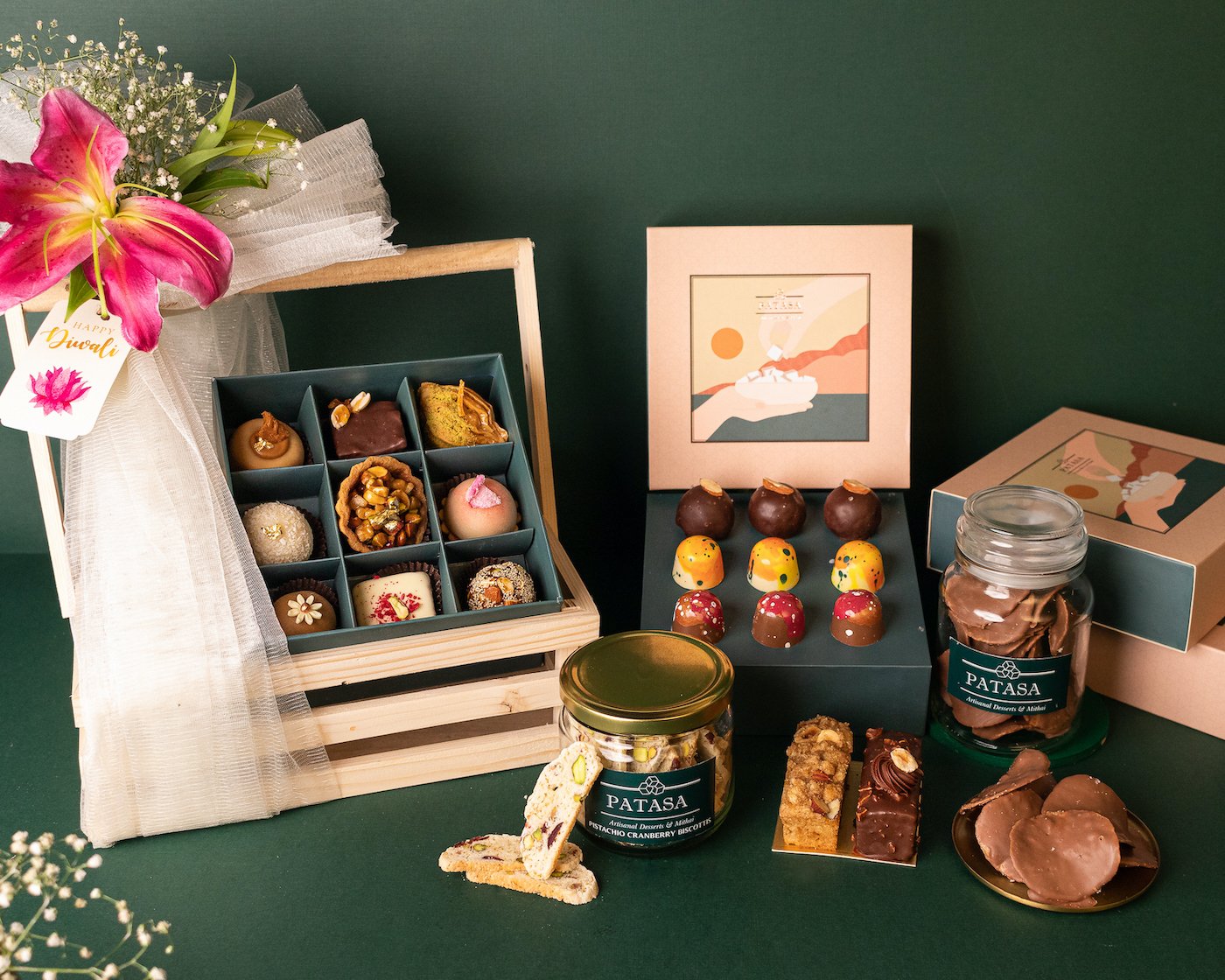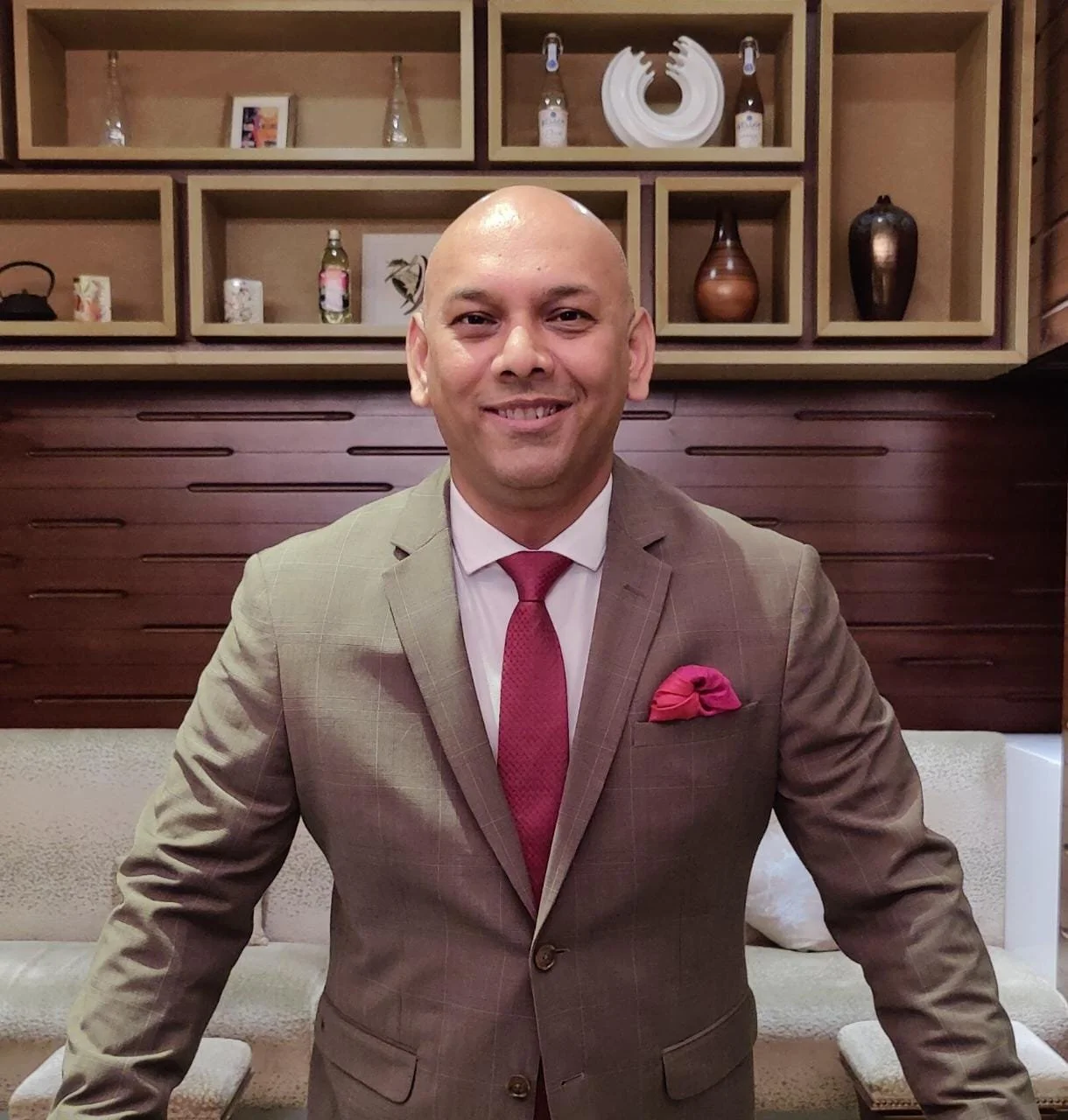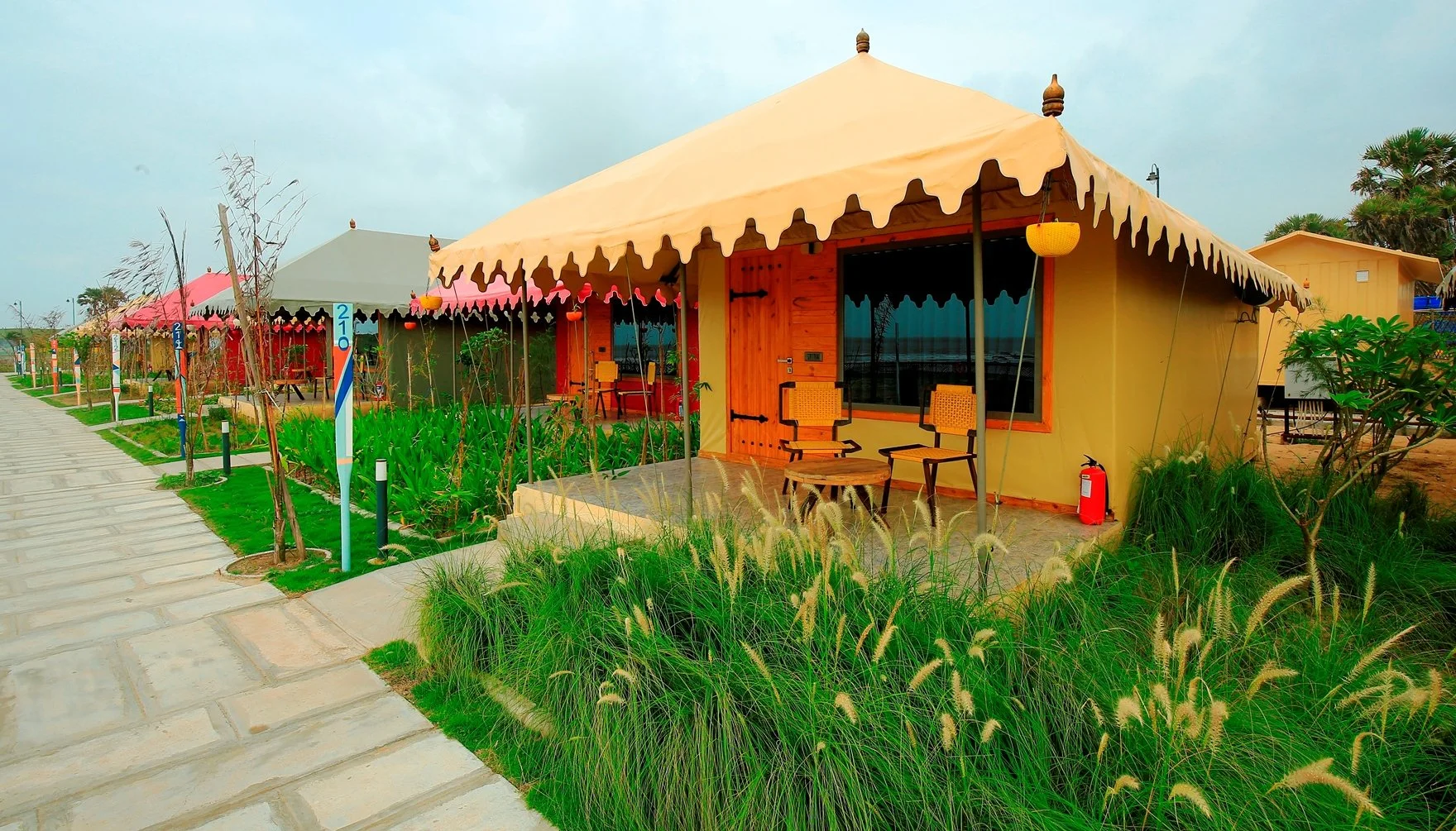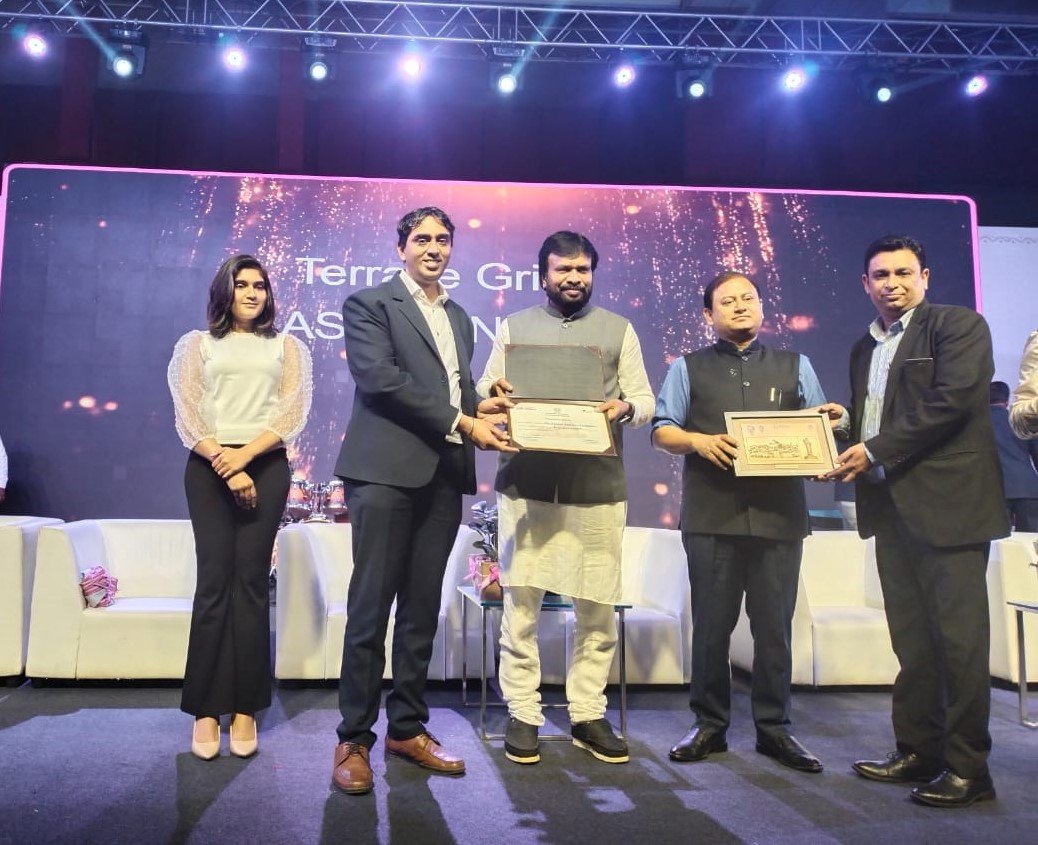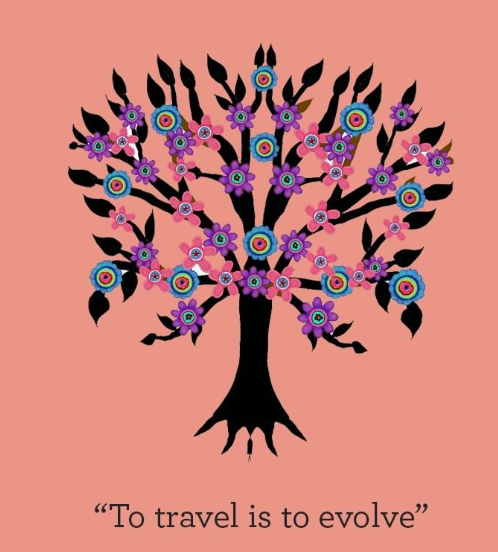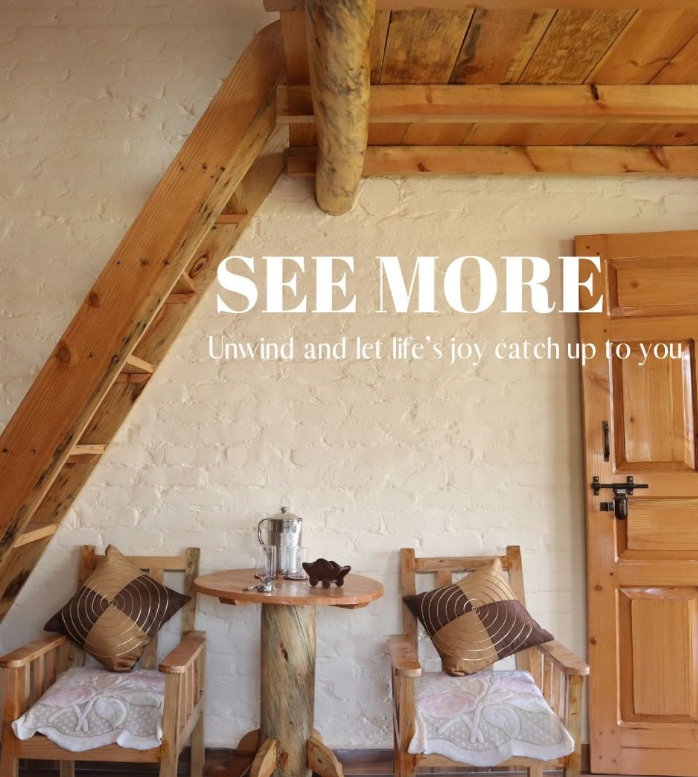HOSPITALITY has been among the sectors hit hardest by COVID-19 shutdowns. But with travel beginning to return in parts of the world, many hotels are springing back to life.
The agenda for recovery cannot simply be about getting ‘back to normal,’ though. The travel market has changed—permanently. Leisure and business travellers alike have new priorities and needs. In both segments, sustainability is a bigger priority than ever before—especially but not only when it comes to carbon emissions.
Hospitality has a unique opportunity to take the lead on sustainability across all dimensions of ESG—environmental, social and governance—and build it into the core of the way the sector works. The industry players that thrive will be those who meet their customers’ demands for more sustainable travel options. Those who fall short risk being left behind.
The landscape for hospitality has changed permanently. The sector has a unique opportunity to lead the way on sustainability as it gets back to growth.
The benefits for hospitality are clear: aligning with consumers’ values and desire to be able to travel sustainably; winning back business travellers as corporates bear down on their carbon emissions; capitalizing on the growing willingness of consumers to pay a little more for sustainability; and playing its part in the global effort to limit temperature rises and avoid catastrophic climate change. Thriving in the new world means putting sustainability at the heart of your strategy for recovery.
Sustainable development is the responsible use of productive resources in a development project or undertaking to safeguard long-term environmental, social and economic sustainability. Sustainable development is adopted to provide lasting socio-economic benefit to all project stakeholders without compromising the ability of future generations to meet their own needs.
A range of socio-cultural, economic and environmental issues must be considered and balanced to ensure the sustainability of development projects. These include the use of energy and water in the development and operation of hotels as well as the moral, ethical, social and political impact of taking action.
As per Gaurav Bhagi, we will create ecologically friendly properties and believe in giving people clean air, clean water and clean food. A life that is sustainable and reminds us of how people used to live about 100 years back. With an ideology of co-existing with nature and reliving a time where you consume water directly sourced from the hills, where you can forage and cook on open fires and share space with neighbours who provide the best produce that makes its way into our seasonal menu.
We will offer immersive experiences in the form of village tours which include sharing a meal with the local family, hosted by our women entrepreneurs. Constant efforts with respect to carbon offset by practicing resource efficiency and swearing by green mobility while involving our guests in experiences like tree planting and local ecological conservation.
In an effort to work with the locals, ensuring that we grow alongside them and create local impact, we not only employ people from neighbouring communities but also make sure that around 40% of our guests’ travel spends is circulated back to the local economy. This is done by ensuring that all procurement with respect to the property is done only locally. The in-house gift shophouse would comprise of condiments, handicrafts and various types of locally made items that are procured from women entrepreneurs in an effort to support their venture.
With focus on using earth friendly materials like stone, bamboo, fiber, certified wood and rattan would help the environment and ensure the best practices are followed across the hospitality sector.
The United Nations Sustainable Development Goals (UN SDGs) are the blueprint to achieve a better and more sustainable future. The 2030 Agenda for Sustainable Development establishes 17 goals adopted by UN member states as the action plan to achieve sustainable development.
Some of the 10 best sustainability practices we would aim at are;
∙ Energy conservation
∙ Amenities
∙ Waste reduction and efficiency
∙ Promoting sustainable means of transportation
∙ Choosing cleaning products wisely with minimum impact on the environment
∙ Careful selection of local food products
∙ Encouraging guests to make sustainable decisions
∙ Promoting ecotourism
∙ Water conservation
∙ Operational changes
Gaurav comments that properties should be constructed safeguarding natural contours, it would feel like to co-exist with nature and relive a time where people lived sustainably.
Through our work on Sustainability, we aim at forging deep connections with the environment in the form of authentic experiences and engaging extensively with the local community. We are also extremely grateful for the farmers who grow seasonal produce and enable guests to undertake a complete farm to fork experience. Guests at our properties get to undertake intimate experiences with local villagers and learning about their sustainable way of life, a practice that has made a reality at its own properties.
Our staff is trained on sustainability processes (SOPs) which is reflected in our efforts towards reducing carbon footprint. Water saving initiatives like grey water usage for gardening, waste saving initiatives (including food waste and composting) and forest conservation by planting trees are a few examples of how our property operates as net zero.
At Mukteshwar, in Uttarakhand where our luxury villa is located, guests are transported to a place where women open up their homes, cook, clean and host them. Working alongside the locals, we turned a neighbourhood village into a financial opportunity for women entrepreneurs and roped in local women to help host village tours and lunches thus ensuring financial independence for all of them.
Be a part of their world and experience a setting where women are engaged in reviving local handicrafts, grow food in family farms using sustainable techniques and rear cattle that provide for all your dairy needs.
Also, the zero-waste kitchen offers guests a selection of handpicked recipes that are made from scratch using energy efficient cooking techniques along with slow cooking methods that ensure quality flavour by retaining the food's natural nutrients to the fullest with a range of options for F&B choices.
Live the good life, guest will immerse themselves in experiences that are deep rooted in culture and sustainability.



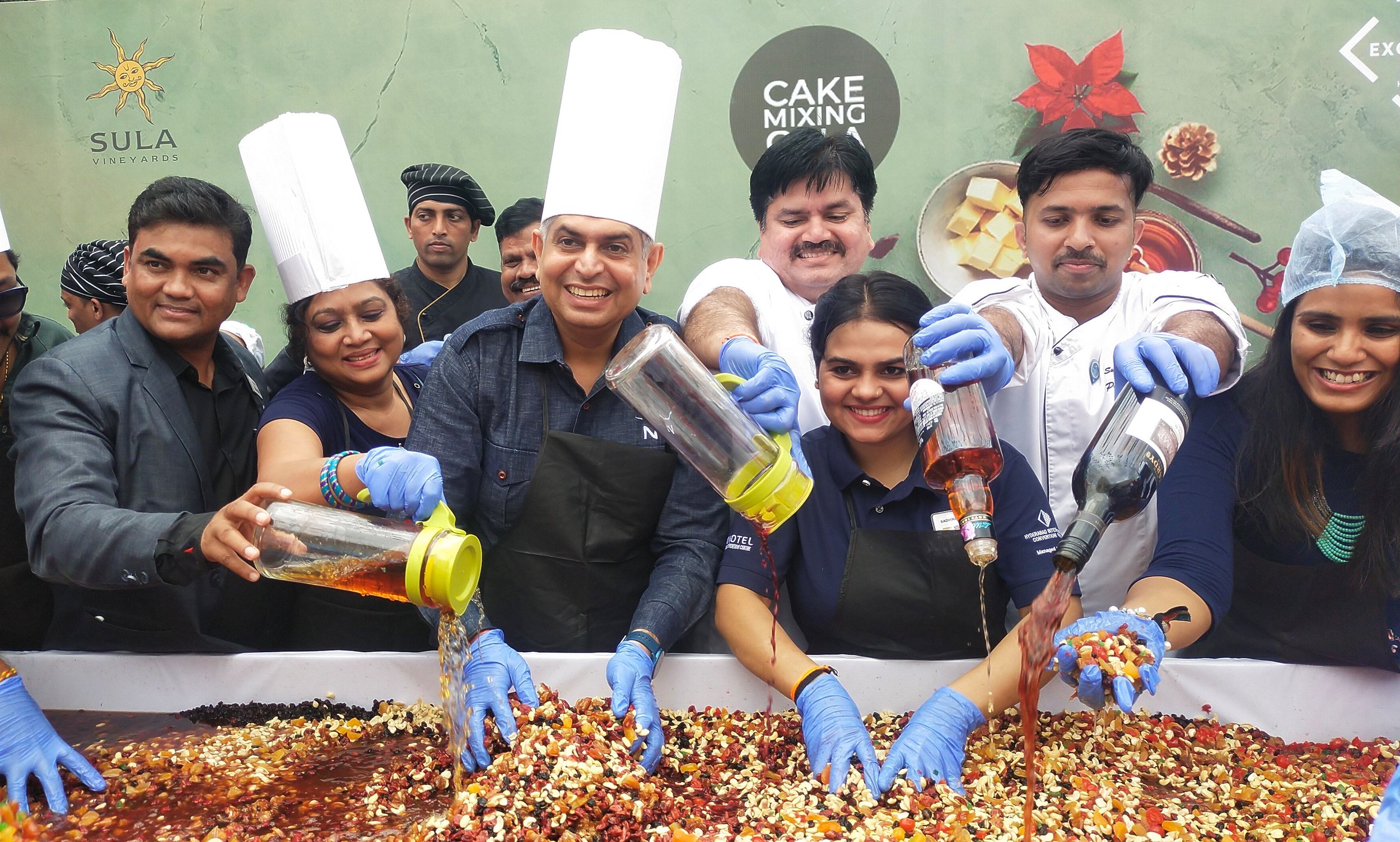




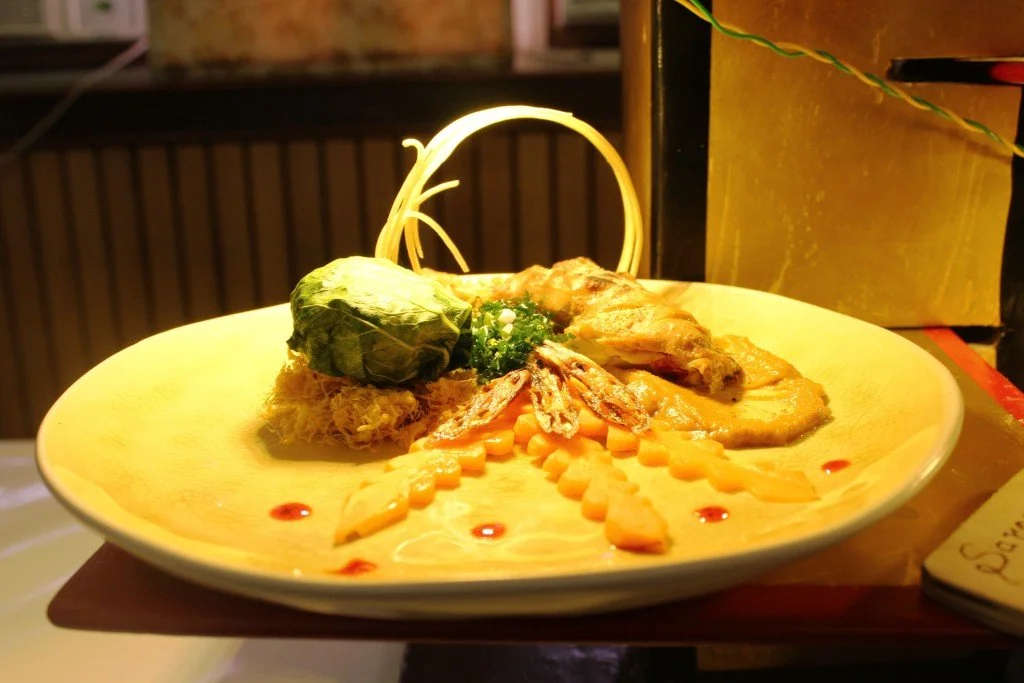















![Crab Stick And Prawn Maki Roll [6 Pieces].jpg](https://images.squarespace-cdn.com/content/v1/5a74702ce45a7cd601df944b/1665231604962-WFBA2RDF08T1IDJ9AN0G/Crab+Stick+And+Prawn+Maki+Roll+%5B6+Pieces%5D.jpg)






